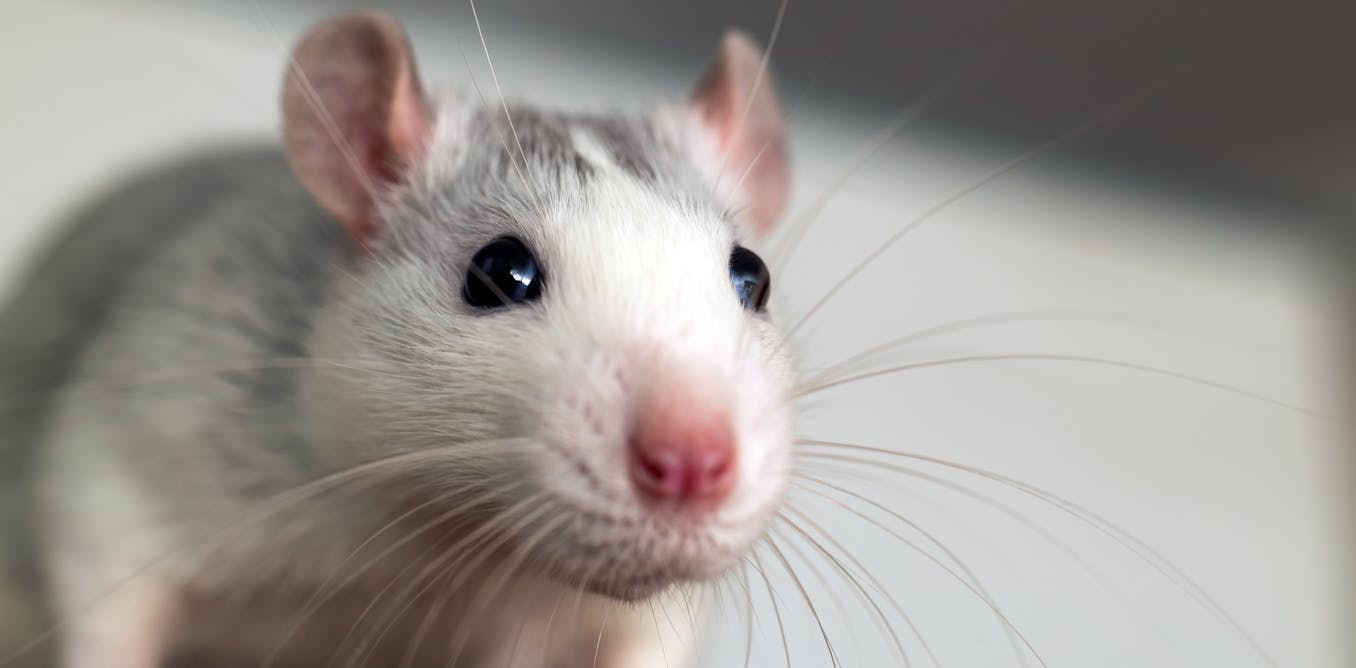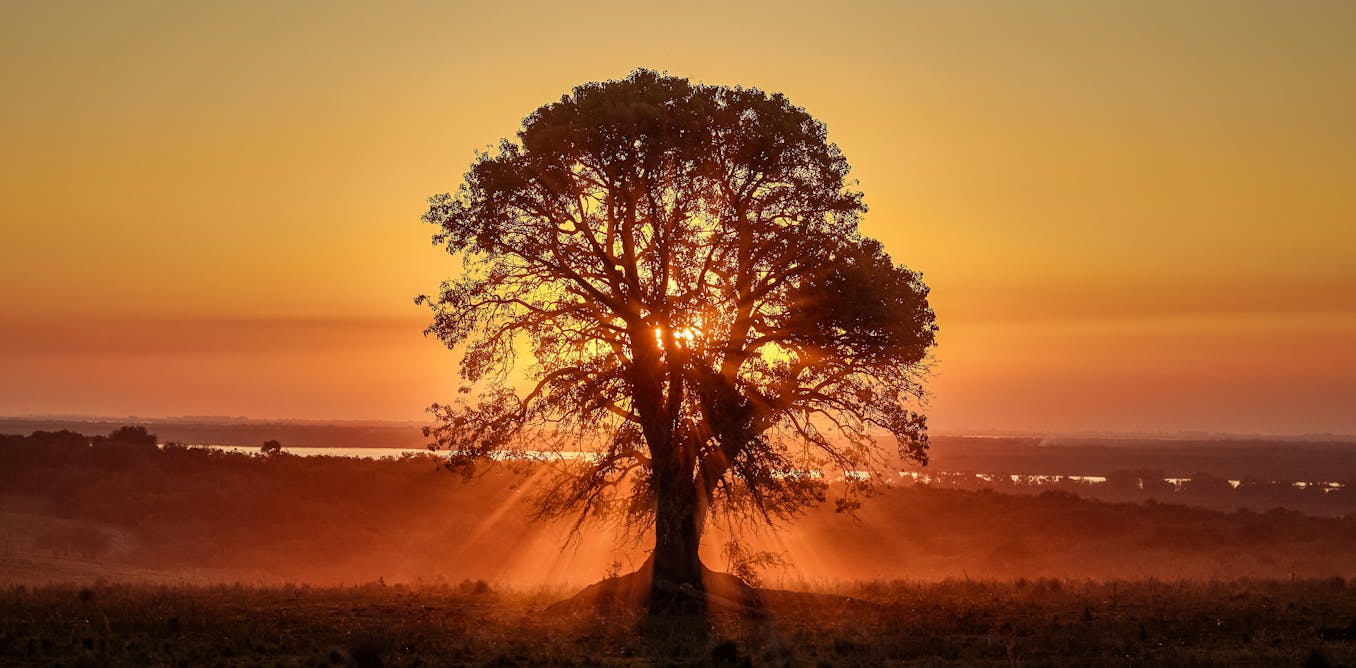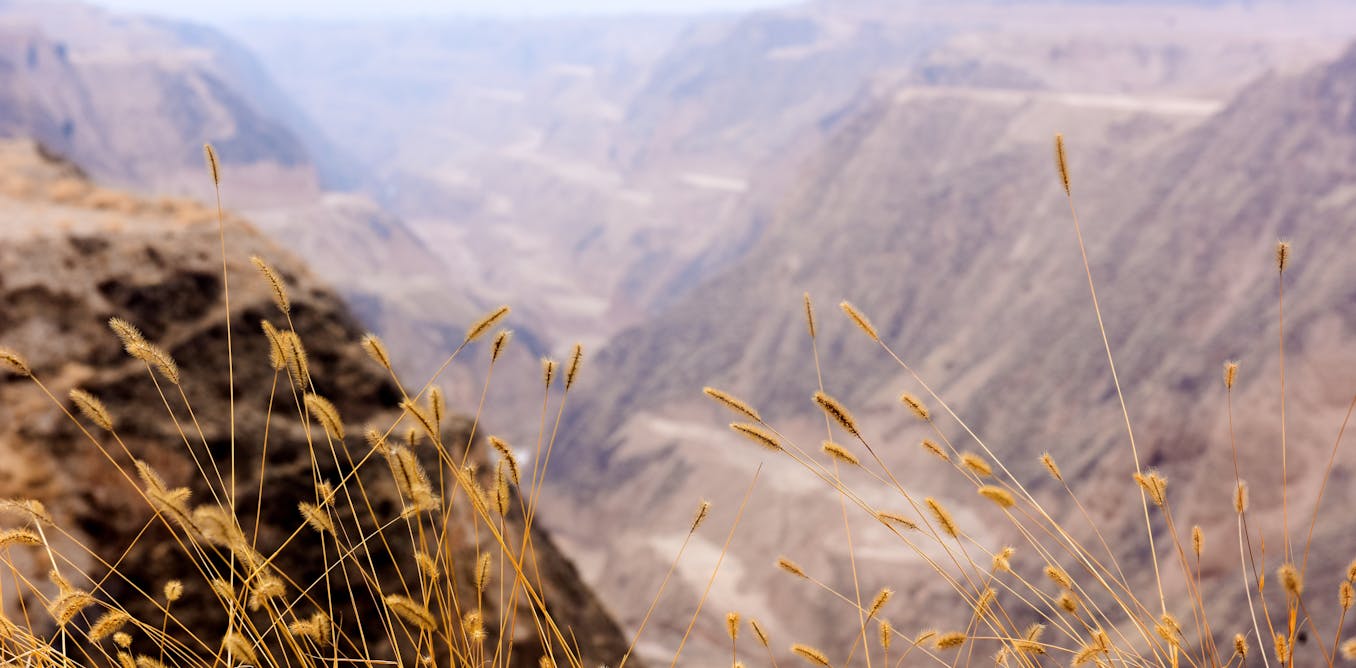Here’s why the public needs to challenge the ‘good AI’ myth pushed by tech companies
Big tech companies often push a positive view of AI.
Arshin Adib-Moghaddam, Professor in Global Thought and Comparative Philosophies, Director of Centre for AI Futures, SOAS, University of London •
conversation
June 23, 2025 • ~5 min
June 23, 2025 • ~5 min
Embarrassed? Why this feeling might actually be good for you
Embarrassment is a universal, visceral and oddly contagious emotion that has importance socially and psychologically.
Laura Elin Pigott, Senior Lecturer in Neurosciences and Neurorehabilitation, Course Leader in the College of Health and Life Sciences, London South Bank University •
conversation
June 23, 2025 • ~7 min
June 23, 2025 • ~7 min
A pink diamond just sold for over US$ 14 million – no wonder, when you look at the mysteries behind their chemistry
The Marie-Thérèse Pink, thought to have belonged to Marie Antoinette, was auctioned by Christie’s in New York.
Elton Santos, Reader in Theoretical and Computational Condensed Matter Physics, University of Edinburgh
• conversation
June 20, 2025 • ~7 min
June 20, 2025 • ~7 min
Can Britain be a nation of tea growers? Scientists say yes – and it could even be good for your health
From Devon to mid-Wales, scientists are finding that UK-grown tea isn’t just possible – it could be good for people and the planet.
Nigel Holt, Professor of Psychology, Aberystwyth University •
conversation
June 17, 2025 • ~6 min
June 17, 2025 • ~6 min
Declining soil health is a global concern – here’s how AI could help
Knowing where best to scale up soil health solutions will help protect people, businesses and ecosystems from extreme events.
Nima Shokri, Professor, Applied Engineering, United Nations University •
conversation
June 17, 2025 • ~7 min
June 17, 2025 • ~7 min
/
232









